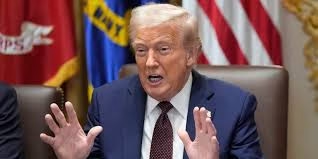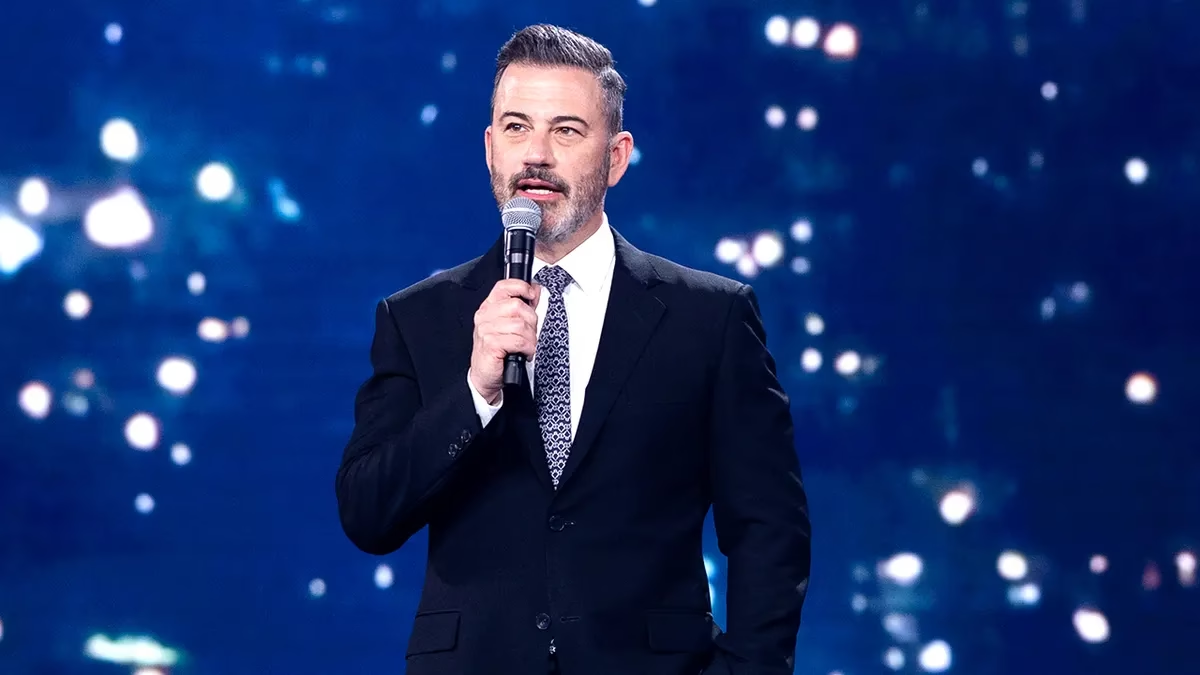
President Donald Trump made a startling announcement from the Oval Office, declaring that U.S. military forces had struck a Venezuelan drug-carrying boat in the Caribbean, killing 11 people. The sudden revelation marked one of the boldest escalations yet in the administration’s counternarcotics strategy and raised the stakes in already tense U.S.–Venezuela relations.
Trump Confirms Deadly Strike

Speaking in a televised address, Trump abandoned prepared remarks and told reporters that U.S. forces had just carried out a lethal strike on a vessel allegedly operated by the Venezuelan gang Tren de Aragua.
“We just, over the last few minutes, literally shot out a boat—a drug-carrying boat,” Trump said. “The strike resulted in 11 terrorists killed in action. No U.S. forces were harmed. Please let this serve as notice to anybody even thinking about bringing drugs into the United States of America. BEWARE!”
The president’s words came with dramatic video evidence. Trump shared a clip on Truth Social showing a small speedboat engulfed in flames after what appeared to be a missile strike. The authenticity of the footage, however, has been disputed by officials in Caracas.
Targeting Venezuela’s Tren de Aragua
According to Trump and Secretary of State Marco Rubio, the destroyed vessel was linked to Tren de Aragua, a powerful Venezuelan criminal syndicate accused of trafficking drugs, weapons, and people across South America and into the U.S.
Rubio, confirming details on X (formerly Twitter), described the gang as a “designated narco-terrorist organization operating under Nicolás Maduro’s control.”
The strike was reportedly executed in international waters, underscoring a new willingness by Washington to use military power well beyond intelligence and law enforcement channels in its anti-drug fight.
Escalating U.S.–Venezuela Tensions
This operation comes just days after the U.S. deployed three guided-missile destroyers and nearly 4,000 Marines to the Caribbean near Venezuelan waters. Caracas has already denounced those deployments as aggressive acts that threaten its sovereignty.
President Maduro, reacting to Trump’s latest statement, blasted the attack as “imperialist terrorism.” Venezuelan Communications Minister Freddy Ñáñez went further, claiming the video Trump shared could have been AI-generated propaganda.
“We do not recognize this so-called strike,” Ñáñez said. “It is part of Washington’s campaign of lies to justify military escalation against Venezuela.”
A New Chapter in the War on Drugs
The strike reflects what analysts are calling a militarization of drug enforcement policy. While past administrations relied heavily on the DEA, Coast Guard, and partner governments, Trump has authorized direct military action against suspected traffickers.
National security experts argue this could mark a turning point. “This isn’t just interdiction—it’s a declaration that narco-terrorist networks can be treated like insurgent groups,” one analyst noted. “The U.S. is blurring the line between counternarcotics and counterterrorism.”
Political Messaging at Home
For Trump, the strike was also a chance to project strength at home. Coming off days of online rumors about his health and even false reports of his death, the president seized the moment to present himself as decisive and in command.
By pairing the announcement with strong language—“let this serve as notice”—he reassured supporters that the U.S. remains uncompromising against traffickers. Critics, however, warned that such unilateral military actions could trigger diplomatic crises or even regional conflict.
International Reaction
- Colombia and Brazil, two U.S. partners in the region, expressed caution, noting that strikes in contested waters could escalate instability.
- Mexico has remained silent so far, but observers note its government will likely weigh in, given its own struggles with U.S. drug-war tactics.
- The United Nations has not yet issued a statement, though human rights groups are expected to demand clarity on whether those killed were confirmed combatants.
Key Questions Moving Forward
- Verification of the Target – Did intelligence conclusively prove the boat was operated by Tren de Aragua? Independent confirmation remains unclear.
- Legal Justification – Was the strike consistent with international maritime law?
- Precedent for Future Actions – Will this embolden the administration to strike other suspected traffickers at sea?
Conclusion
The announcement that Trump says 11 dead in U.S. strike on drug boat from Venezuela is more than a headline—it’s a signal. It shows an administration willing to use hard military power to combat narcotics trafficking, even at the cost of escalating diplomatic conflict with Venezuela.
For supporters, it’s proof that Trump delivers on promises to be tough on crime and drugs. For critics, it’s a dangerous step that risks dragging the U.S. into deeper conflict in Latin America.
One thing is certain: this strike will not be the last word. The coming days will determine whether it stands as a bold warning to traffickers—or the spark of a larger geopolitical storm.



